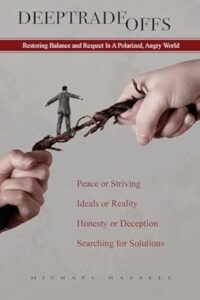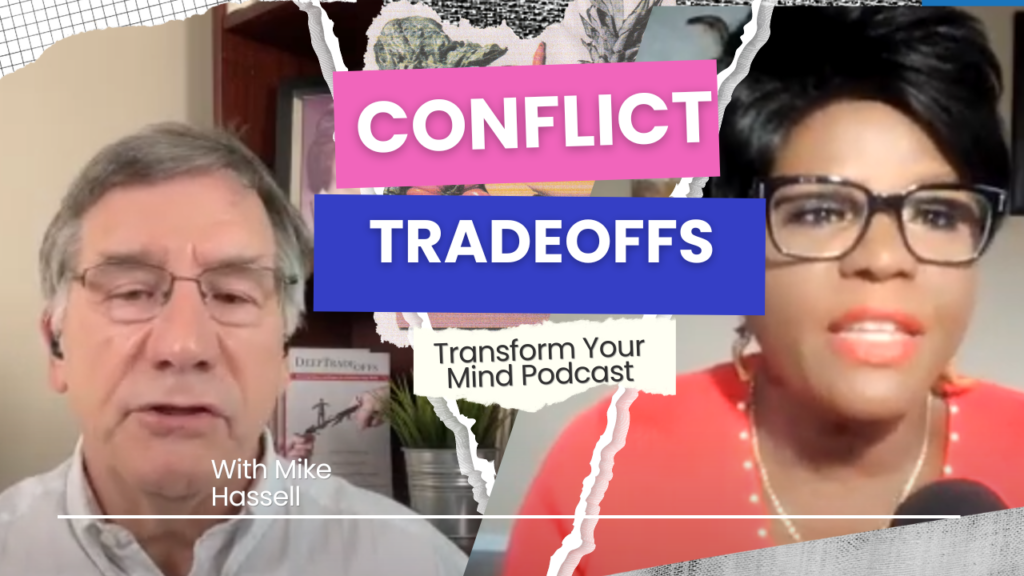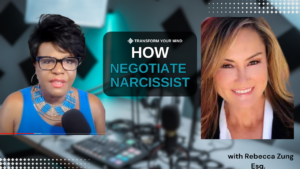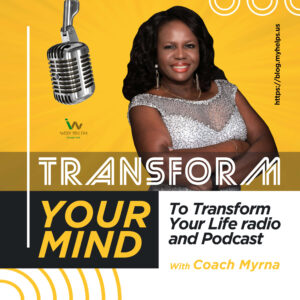Mike Hassell, author of “Deep Tradeoffs: Restoring Balance and Respect in a Polarized Angry World,” delves into how understanding both sides of a conflict can lead to better balance and respect in various contexts. Mike emphasizes the importance of recognizing trade-offs, managing disagreements, and valuing relationships without coercion. With examples from political and personal realms, the conversation explores how embracing diverse perspectives can transform our lives and relationships. Discover how to navigate conflicts with wisdom and humanity, enriching both your mind and interactions.
Download the podcast here:
Key Takeaways:
The Nature of Conflict: Conflict is an inevitable part of human interaction; recognizing it as such can lead to more meaningful solutions and interactions.
Value-Based Decisions: People make decisions based on deeply held values, and understanding these values can foster empathy and reduce coercion.
Multiple Truths: There are often multiple valid perspectives to any issue; accepting this can help bridge divides and promote respectful discourse.

The Nature of Conflict and Its Role in Society
Conflict isn’t a bug in the system; it’s a feature. This insightful revelation from Mike Hassell helps frame the often contentious interactions in our polarized world in a new light. Instead of viewing conflict as something to be eradicated, it’s more productive to see it as an inherent aspect of human diversity.
“In any group of people, particularly free people, our Founders set up our institutions to check and balance so that you have to work with other people,” Mike Hassell points out. This design was intentional, recognizing that human beings inevitably have differing views and thus setting up systems to manage those differences rather than eliminate them.
Reflecting on the enduring, nature of conflict, Hassell shares historical examples, demonstrating how polarized views have been part of human society from the very beginning. The Founding Fathers themselves engaged in heated debates, often resorting to personal attacks, and yet designed a system that promotes cooperation. This historical perspective reminds us that current polarizations are not unprecedented but rather a continuation of our collective human experience. Conflict serves as a crucible, refining ideas through vigorous debate to reach more resilient and tested solutions.

Broader Implications of Conflict
Acknowledging conflict as a natural part of human relationships can lead to less adversarial and more collaborative approaches to problem-solving. It shifts the focus from coercion to understanding, allowing for a greater acceptance of the inevitable diversity of thought that comes with a free society.
Value-Based Decision Making
At the heart of many conflicts are deeply held values and principles. People often operate on a foundational belief system that directs their choices and actions. This is a critical theme explored by Mike Hassell in his discussion on trade-offs and conflicts. Understanding these intrinsic values can pave the way for empathy and reduce the tendency to coerce others into adopting one’s viewpoint.
Hassell illustrates this with the contentious issue of abortion, stating, “All four of those things are involved in both abortion and euthanasia. You cannot have all of those things.” The four principles he refers to—respect for life, autonomy, the duty not to harm, and respect for law—are universal yet often in conflict with each other in such debates.
People who are firmly against abortion may emphasize the value of life, while those in favor may prioritize personal autonomy. Both sides are operating from core values but are applying them in ways that lead to different conclusions. This value-based decision-making process can be seen in many areas of life, from politics to personal relationships.
Broader Implications in Conflict Resolution
By understanding the value-based nature of decision-making, individuals can approach, conflict resolution, with greater empathy. Acknowledging that someone else’s decision comes from a place of deeply held beliefs fosters respect, even in disagreement. It reduces the inclination to impose one’s views, promoting a more harmonious coexistence.

Embracing Multiple Truths
One of the most enlightening aspects of the discussion is the idea of multiple truths. In many debates, people often assume there’s a single correct answer. However, the concept of deep trade-offs highlights that there are often multiple valid viewpoints, each with its own set of merits based on the context and individual values.
“We say that maybe truth is our highest value, but it’s not. Survival comes first; avoiding suffering probably is not far behind,” Hassell argues. This demonstrates that what one might consider the ultimate truth can be flexible and context-dependent. In his book, Hassell delves into this concept through various examples. One particularly powerful illustration is the balance between honesty and deception. While honesty is a widely touted virtue, there are situations where a small deception can prevent harm or bring joy, challenging the absoluteness of this principle.
This recognition of multiple truths encourages a more nuanced view of the world. It allows for the coexistence of different perspectives without the need to invalidate the other. This is particularly relevant in discussions about policies, ethics, and everyday decisions, fostering a culture of respect and open-mindedness.
Deep Tradeoffs in Conflict Resolution
Embracing multiple truths can significantly reduce polarization and improve dialogues. It promotes intellectual humility, allowing individuals to consider and even respect opposing viewpoints and, conflict resolution. This cultural shift can lead to more constructive and less divisive interactions on both personal and societal levels.
Understanding deep trade-offs and the values that drive decision-making invites a more empathetic and nuanced perspective on conflicts. Recognizing that conflicts are an inherent part of human interaction helps shift the focus from trying to eliminate disagreements to managing them constructively.
By appreciating that people make choices based on deeply-held values and that multiple truths often coexist, we can foster a more respectful and collaborative society. This approach not only helps in resolving longstanding issues but also enriches our relationships with others by allowing us to see the world through a more compassionate and understanding lens.
Additional Resources







